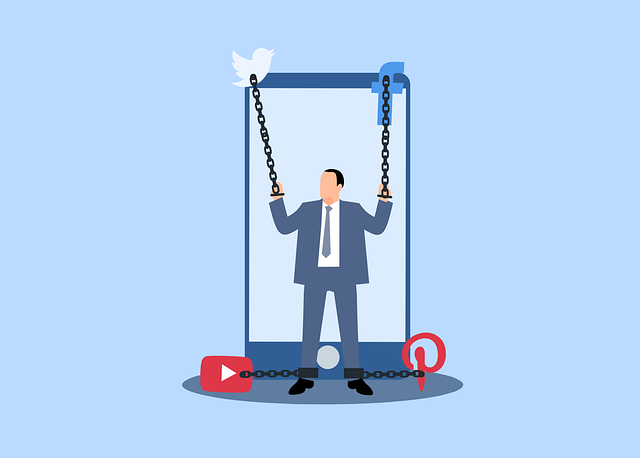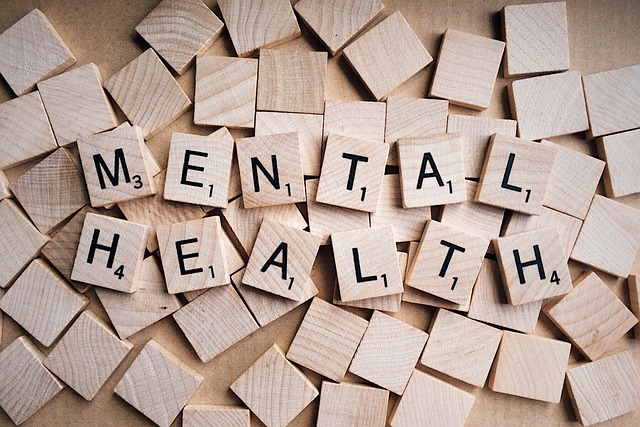Substance abuse among children and adolescents is a complex issue driven by rapid brain development, which can lead to lasting mental health problems. Prevention strategies include education, open communication, and specialized therapy for children focused on parenting skills training. Effective methods involve discipline, boundaries, positive reinforcement, and crisis intervention guidance. Parenting skills enhance family dynamics, resolve conflicts, and foster supportive communities. Tailored therapy programs, mental health education, and early intervention reduce substance abuse risks by promoting open dialogue, coping strategies, and long-term mental wellness in adolescents.
Substance abuse among children and adolescents is a growing concern, requiring proactive strategies to mitigate risks. This article explores comprehensive approaches to prevent and address this issue, focusing on understanding the roots of abuse, family therapy’s transformative power, and building resilient parenting skills. Early intervention emerges as a pivotal strategy for long-term success, emphasizing the importance of identifying signs early and providing support. By integrating these methods, parents and caregivers can create a safer environment and foster healthy development.
- Understanding Substance Abuse in Children and Adolescents
- The Role of Family Therapy in Risk Reduction
- Building Resilient Parenting Skills for Prevention
- Early Intervention: A Key Strategy for Long-Term Success
Understanding Substance Abuse in Children and Adolescents

Substance abuse among children and adolescents is a complex issue that requires a nuanced understanding. This period of life is characterized by rapid brain development, making young individuals more vulnerable to the effects of drugs and alcohol. Early exposure can lead to long-lasting mental health issues and impair healthy development. Understanding these risks is crucial for parents and caregivers who play a pivotal role in prevention.
Effective strategies involve a combination of education, open communication, and seeking professional help when needed. Therapy for children specializing in substance abuse can be immensely beneficial, addressing underlying mental health concerns. Additionally, teaching parenting skills focused on discipline, boundaries, and positive reinforcement can empower parents to guide their children’s decision-making, potentially reducing the likelihood of experimenting with substances. The broader context of Mental Health Policy Analysis and Advocacy also plays a role by shaping communities that support and promote mental wellness in young people, utilizing Conflict Resolution Techniques to navigate challenging conversations around these sensitive topics.
The Role of Family Therapy in Risk Reduction

Family therapy plays a pivotal role in risk reduction strategies for substance abuse, especially when it comes to targeting issues at the core of an individual’s life. By focusing on the family unit as a whole, therapists can identify and address complex dynamics that contribute to substance misuse, such as poor communication, conflict resolution issues, or lack of parenting skills. This holistic approach not only helps individuals struggling with addiction but also strengthens familial bonds, fostering a supportive environment that discourages future risky behaviors.
Incorporating cultural sensitivity in mental healthcare practice is crucial here, ensuring that therapy aligns with the family’s cultural values and beliefs. This tailored approach can significantly enhance mental health awareness and anxiety relief within the household, creating a safer space for open dialogue about substance abuse. Through enhanced parenting skills and improved familial connections, family therapy empowers families to navigate challenging situations more effectively, ultimately reducing the risk of future substance abuse among its members.
Building Resilient Parenting Skills for Prevention

Parenting plays a pivotal role in substance abuse prevention. Equipping parents with resilient skills can significantly reduce their children’s risk of engaging in harmful behaviors. Therapy for Children, specifically tailored to address mental health concerns, is a powerful tool. These programs often incorporate evidence-based practices such as Crisis Intervention Guidance and Mindfulness Meditation, which help parents develop effective coping strategies and enhance their overall parenting abilities.
By participating in Mental Health Education Programs designed for families, parents gain insights into adolescent development, substance abuse trends, and early warning signs. This knowledge equips them to proactively engage with their children, fostering open communication and healthy decision-making. Such programs empower parents to create a supportive environment at home, thereby minimizing the appeal of substance abuse as a coping mechanism for their children.
Early Intervention: A Key Strategy for Long-Term Success

Early intervention plays a pivotal role in mitigating risks associated with substance abuse, especially among adolescents. By identifying and addressing problematic behaviors at an early stage, parents and caregivers can significantly enhance their child’s long-term mental wellness. This proactive approach involves fostering open communication, teaching effective coping skills, and promoting positive thinking. Therapy for children, tailored to their unique needs, becomes a powerful tool in this process.
Parenting skills training is integral to early intervention, equipping families with strategies to manage challenging behaviors and strengthen family bonds. Through workshops, counseling sessions, or even engaging mental wellness podcast series production, parents learn techniques to support their child’s emotional well-being and guide them towards healthier coping mechanisms. This not only reduces the risk of substance abuse but also paves the way for a more resilient and balanced future.
Substance abuse among children and adolescents is a complex issue, but with comprehensive strategies, it can be effectively mitigated. Combining early intervention, family therapy, and building resilient parenting skills proves to be a powerful trio in preventing substance misuse. By addressing these issues proactively, parents and caregivers can foster healthier environments, leading to better outcomes for the next generation. This multi-faceted approach ensures that young individuals receive the support they need to make informed choices and develop resilience against potential risks.













